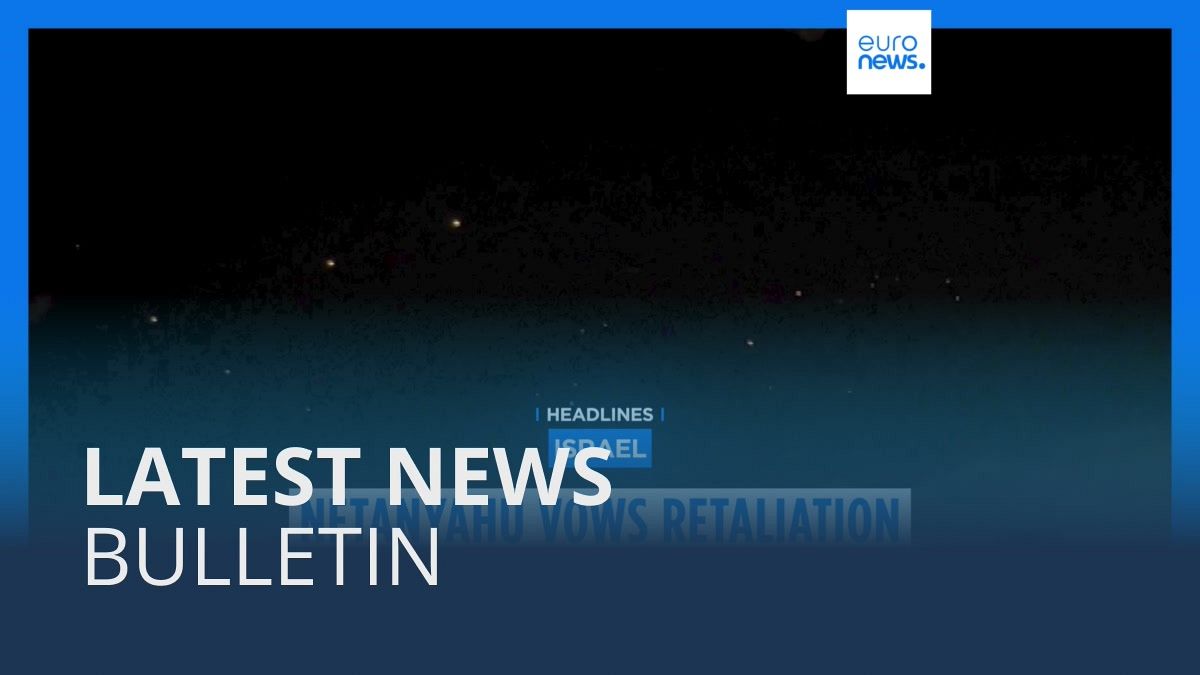A plastic-free future needs an engaged PVC value chain
Being sustainable is just one piece of the puzzle. Circular economy principles must be paired with strong waste management practices.
As the dust settles after the fifth round of negotiations (INC-5) for a Global Plastics Treaty in Busan, South Korea, the world continues to work toward a binding international agreement to eliminate plastic pollution. As the chair Luis Vayas Valdivieso rightly noted during the closing remarks of INC-5, “Nothing is agreed until everything is agreed.”
While some may view the lack of immediate consensus as a setback, the reality is that progress has been made on key topics. With such an ambitious mandate, five rounds of negations is insufficient to address this global challenge. Far from failing, the negotiations highlight regulators’ dedication to an effective treaty.
Driving sustainability through commitment
Sustainable and circular products can only deliver meaningful benefits when underpinned by a strong commitment to responsible management. This was the message VinylPlus brought to INC-5 in Busan, where our representatives, Charlotte Röber and Vincent Stone, showcased how our vision for PVC aligns with global efforts to combat plastic pollution.
VinylPlus understands that creating sustainable products is just the beginning — they must be managed to ensure a positive environmental impact.
Addressing plastic pollution requires accountability across the entire value chain. While VinylPlus’ partner companies play a vital role, an effective, practical and ambitious global instrument is crucial for supporting these efforts. Plastic pollution is a global challenge, often stemming from an imbalanced value chain spanning the entire life cycle of materials.
VinylPlus’ partners have demonstrated that responsibly managed PVC can enhance resource efficiency, reduce environmental impacts and contribute to a cleaner, greener planet. In Busan, we advocated for treaty provisions that promote sustainable material design, improve recycling infrastructure, and strengthen waste management systems. Tackling plastic pollution means addressing every stage of the life cycle. For VinylPlus, this means ensuring PVC products are designed for the circular economy.
Our vision to strengthen the global plastics treaty
During the negotiations for the legally binding Global Plastics Treaty, some opposed industry commitments to such measures, questioning their effectiveness. However, these commitments are essential for achieving the treaty’s objectives, and VinylPlus provides tangible proof that industry can deliver results ahead of regulation.
The European PVC industry leads globally in transitioning toward sustainable plastics.
VinylPlus’ position as a first-mover platform for sustainability and circularity is supported by a track record of measurable impacts.
Through a dedicated value chain and co-funding mechanisms, we have achieved significant milestones ahead of any legislative requirements. Examples include industry-funded collection schemes, advances in recycling technology, and the adoption of sustainable design criteria for partner products.
The VinylPlus commitment is built on the principle of back-casting. We envision the desired outcomes across the three pillars of sustainability — environmental, economic, and social — and work backward to determine the necessary actions. This approach combines expertise in environmental and economic sciences with insights from social and behavioral sciences, creating a comprehensive pathway to sustainability.
Since 2000, we have recycled 8.8 million metric tons of PVC into new products, preventing 17.6 million metric tons of CO2 emissions.
Our ambitions go further. Beyond the numbers, we invest in traceability schemes, controlled loop collection and sorting systems, and life cycle assessments for partner products. Ultimately, every product must fulfill two goals: deliver optimal durability and performance for its purpose and serve as a resource for future life cycles. PVC manufacturing has significantly evolved since the 1990s to protect workers and the environment. PVC converters have improved recycling practices and enhanced product recyclability. While most PVC products are long-life, VinylPlus is financing projects to collect and recycle short-life products, such as medical PVC waste from hospitals.
Collaboration beyond the negotiations
Global progress against plastic pollution cannot be achieved without a robust international treaty and effective collaboration among citizens, governments, industries and other stakeholders.
While the negotiations faced challenges, including geopolitical tensions, significant progress was made. Finance, supply, and chemicals remained contentious points, but product design emerged as a promising area of common ground. Product design must consider the entire material life cycle. It determines a product’s use, defines its material requirements (supply), influences recyclability, and allows to monitor chemicals used. Linking these elements through design offers a pathway to agreement.
Achieving a workable and satisfactory solution requires bringing all stakeholders to the table. This has been VinylPlus’ approach for nearly 25 years, proving that lasting solutions take time and collaboration.
VinylPlus values collaboration as a cornerstone of progress. Our efforts are guided by a Monitoring Committee that includes representatives from academia, consumer organizations and EU regulators. We remain committed to working with diverse stakeholders to ensure PVC continues to serve society as an increasingly sustainable material.
The Global Plastics Treaty negotiations in Busan are not the finish line, but they provide hope for future agreements and a stronger role for industry in meeting its objectives. Regardless of the outcome, VinylPlus will continue driving actionable change. Tomorrow’s world must be free of plastic pollution while harnessing the many benefits PVC can offer. Let’s make it happen — across Europe and globally.
What's Your Reaction?

















































